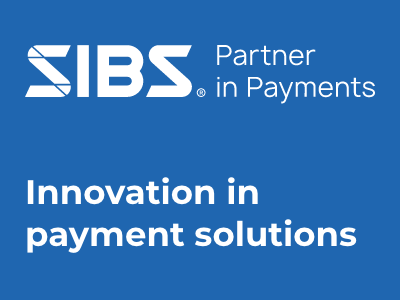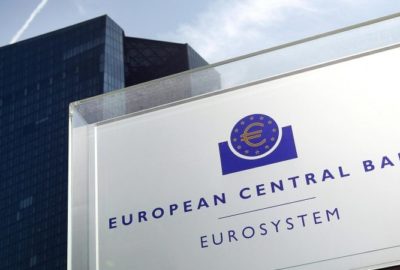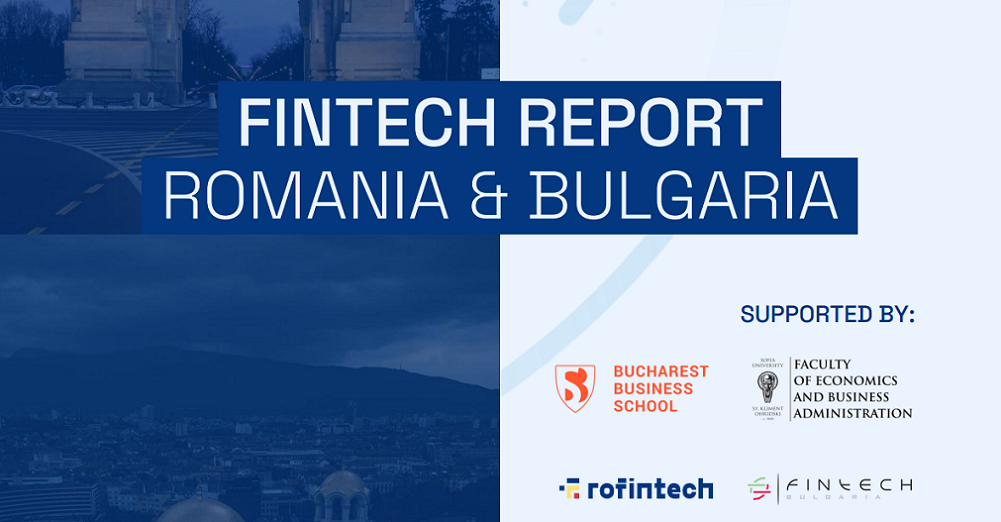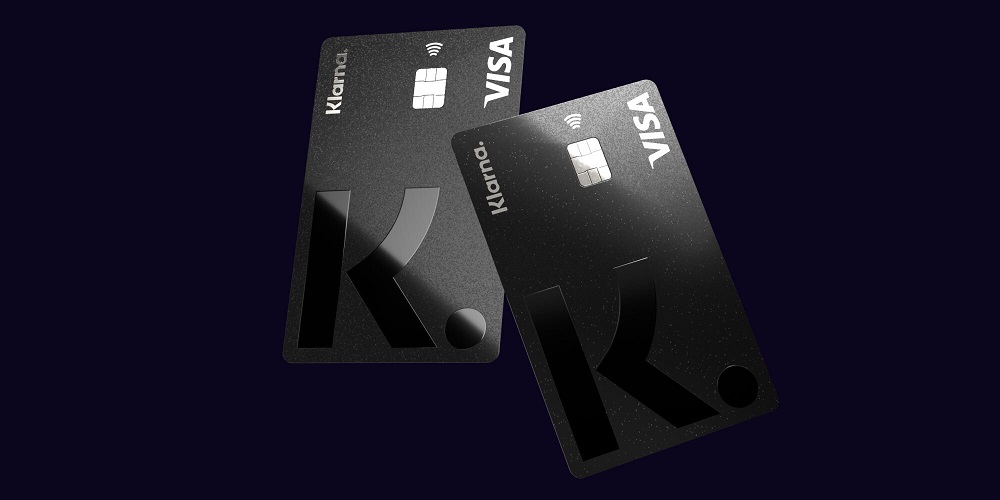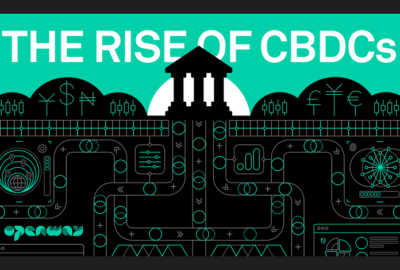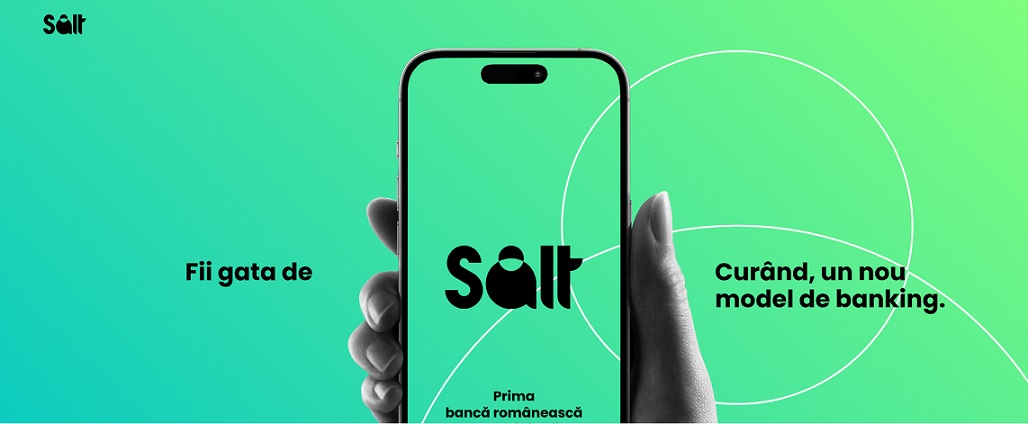PwC’s 2016 Global FinTech Survey: almost nine out of ten payments companies believe more than a quarter of their operations could be lost to FinTechs by 2020
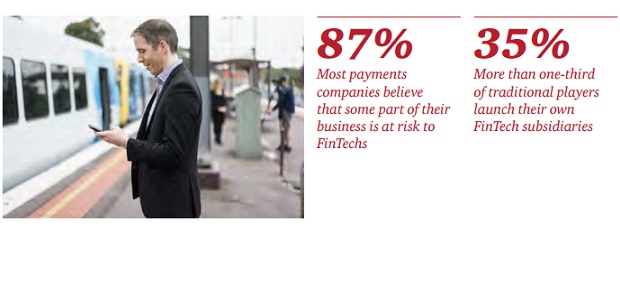
Payments used to be one of the industries least vulnerable to disruption. In a FinTechflooded world, this is no longer the case.
The payments sector is very aware of the gaining power of FinTechs. „Almost nine out of ten payments companies in PwC’s 2016 Global FinTech Survey believe more than a quarter of their operations could be lost to FinTechs by 2020. This is the highest percentage of all financial industry players. In response, 84% of payments companies have placed FinTech at the heart of their strategy and 35% have launched their own FinTech subsidiaries, while only 4% hasn’t yet dealt with FinTech.”, according to a PwC press release.
Influenced by mobile apps outside of financial services, consumers continue to demand faster and easier payments. As payments become frictionless, incumbents become increasingly concerned about margin pressure. Almost three in four (74%) payments companies see this as a threat, again the highest percentage of all financial sector institutions. Customer churn is also a serious concern for the industry (61% of respondents), and more than a half of the respondents (52%) fear losing market share to new players.
PwC estimates that the number of non-cash transactions will grow by 69% from 2013 to 2020, representing over one million transactions happening every minute. But while the popularity of electronic payments increases, so does cybercrime and fraud. It’s why payments companies believe the most critical trend impacting the industry is the development of advanced tools and technologies to protect consumers from security attacks and fraud. Unsurprisingly investments in cybersecurity and fraud protection are top of incumbents’ minds.
In addition, EU governments want to stimulate non-cash payments instruments, enhance security requirements and spur competition with the upcoming Payment Services Directive 2. Pressure from the interchange regulation will result in revenue losses for card issuers.
Manoj Kashyap, PwC’s Global FinTech leader, says:
“Cybersecurity is certainly an area where traditional payments companies see the most potential to add value and compete with new entrants. They know that, due to the rigid regulatory landscape and expensive licensing required in the financial sector, new entrants still need to cooperate and co-exist with existing players.”
Manoj Kashyap adds: “Despite major potential disruptions, the constant growth of the sector will reward those payments players that possess the capacity to understand the changes in customer needs and to deliver prompt and innovative responses to shifting market expectations.”
The 2016 PwC Global FinTech Survey gathered the views of 544 respondents from 46 countries, principally Chief Executive Officers (CEOs), Heads of Innovation, Chief Information Officers (CIOs) and top management involved in digital and technological transformation, distributed among five regions. The payments-focused cut is based on the responses of 24 respondents from payments companies around the globe.
The report “Payments in the Wild Tech World – Digitisation and changing customer expectations” is part of the 2016 PwC Global FinTech Survey and can be downloaded here.
Anders Olofsson – former Head of Payments Finastra
Banking 4.0 – „how was the experience for you”
„So many people are coming here to Bucharest, people that I see and interact on linkedin and now I get the change to meet them in person. It was like being to the Football World Cup but this was the World Cup on linkedin in payments and open banking.”
Many more interesting quotes in the video below:
